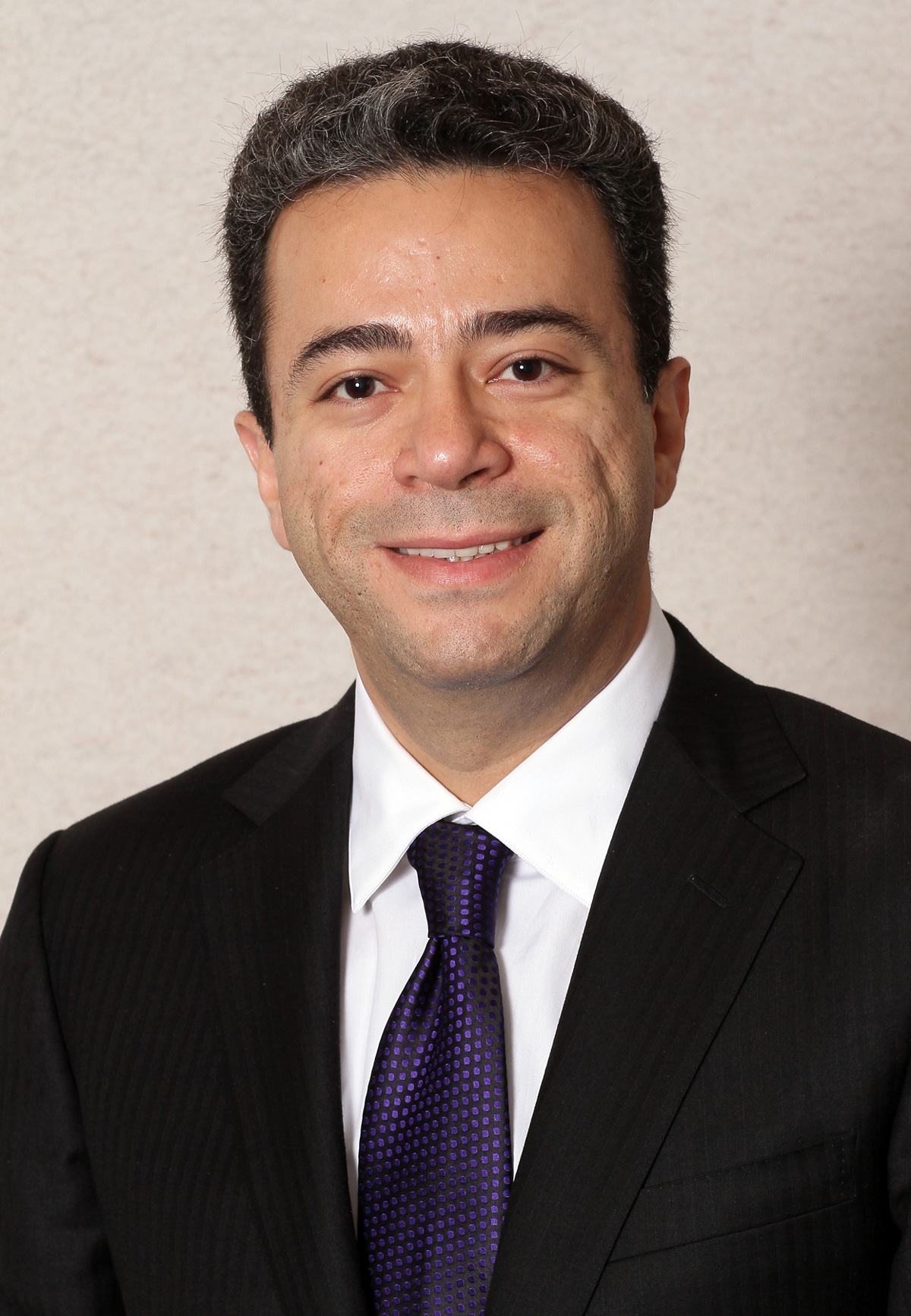May 2, 2011
 COLUMBUS, Ohio – Physicians are optimistic that an artificial drug derived from the saliva of vampire bats might be the next life-saving breakthrough for stroke patients whose medical treatment is delayed beyond three hours.
COLUMBUS, Ohio – Physicians are optimistic that an artificial drug derived from the saliva of vampire bats might be the next life-saving breakthrough for stroke patients whose medical treatment is delayed beyond three hours.Doctors at Ohio State University Medical Center who have been involved in earlier phases of testing of the drug say the study may provide a dramatic advancement in the treatment of strokes.
Desmoteplase, the study drug, is genetically modeled after a protein found in vampire bat saliva that dissolves blood clots. For bats, the protein helps when feeding, but in patients who have experienced an ischemic stroke, desmoteplase acts as an anticoagulant that can dissolve blood clots in the brain for up to nine hours after a stroke.
“In the rush to get stroke victims to the hospital we often say, ‘time is brain,’” said Dr. Michel Torbey, an OSU Medical Center neurologist and site investigator for the study. “The longer treatment is delayed, the higher the risk of significant brain damage, and sadly, many people don’t make it to the emergency department in time for the proven drugs to be beneficial.”
“Prompt medical care within three hours is very important for recovery from a stroke, but attempts to find drugs that extend the treatment window have not been successful,” added Torbey. “If the study findings back up our hopes and expectations, desmoteplase could be a real game changer in our ability to help patients.”
The only currently approved clot-busting intervention for acute ischemic stroke, which constitutes the majority of strokes, is alteplase, however, it is approved for use within 3 hours after the onset of symptoms.
Torbey said delayed treatment of strokes can drastically lengthen recovery and cause death. Treatment can be delayed for many reasons including the travel time to a hospital or the patient’s inability to quickly recognize and act upon the symptoms of a stroke. Of the more than 143,000 stroke deaths recorded each year in the United States, almost half occur before the patient reaches the hospital.
The current double-blind study of the drug will enroll 400 patients.
Stroke symptoms include numbness or weakness of face, arm or leg -- especially on one side of the body; confusion, trouble speaking or understanding; trouble walking, dizziness, loss of balance or coordination; or severe headache with no known cause.
The Ohio State University Medical Center is a nationally certified stroke center as designated by the Joint Commission on Accreditation of Healthcare Organizations (JCAHO). This certification recognizes University Hospital as one of the select hospitals nationwide that meet the highest standards in quality and safety.
In addition, Ohio State’s neurology and neurosurgery program is ranked by U.S. News & World Report magazine as among the best in the country.
###
Contact: David Crawford, Medical Center Public Affairs and Media Relations, 614-293-3737, or Crawford.1@osu.edu

